
Do I Really Need to Be Blogging?
It seems like EVERY website is now blogging in 2019.
eCommerce is blogging. The healthcare industry is blogging. Lifestyle brands are blogging.
And now, more than ever B2B businesses are blogging.
But do B2B businesses REALLY need blogs? Do B2B businesses even read blogs?
Blogs have been around for a long time. We continue to see them as an anchor of larger content marketing strategies.
That momentum isn’t slowing down.
Let’s take a look at how other B2B businesses are viewing blogs and content marketing.
#1. Your Industry Competition is Blogging (and winning free traffic)
Each year Hubspot publishes a State of Inbound Report. Here are the significant statistics from 2019 on blogging and content marketing that businesses across every industry are using to engage visitors online.
55% of marketers in 2019 are saying that blog content creation is the #1 inbound marketing priority.
Not only are marketers relying on blogs for inbound marketing, but they continue to say that it is what they will be prioritizing moving forward.
In content marketing, the company that provides the most valuable information the most often is the one who wins online traffic.
Successful blog posts, especially pillar content, win free ongoing organic traffic and may position the business as an authority on the topic. That is a critical part of warming up cold traffic and presenting later opportunities to become leads.
Let me repeat that: According to Hubspot’s research, marketers who prioritize blogging efforts are 13x more likely to see positive ROI.
Blogging isn’t just a part of a routine marketing system, blogging is a significant driving of positive ROI.
The Importance of Blogs
Businesses who aren’t blogging are significantly less likely to see a positive ROI.
They aren’t bringing in as much traffic. They’re less likely to be turing their cold audience into warm leads which means their sales teams are seeing fewer opportunities generated online.
While blogging is not equal to content marketing, blogging is usually a big piece of the content marketing pie. So much so, in fact, that 81% of B2B companies report using a blogging as a content marketing tactic.
On top of that, 43% say that their blog is their most important type of content.
There are many ways to use content marketing, but a very large number of companies use their blog as the anchor to their content marketing platform.
The blog can pull in organic traffic, display your library of expertise, and be used as a tool to move traffic into higher value activities that may generate leads.
When compared to paid search advertising, content marketing generates 3x more leads.
Buying clicks can be great when you need to quickly generate website activity, but blogging and content marketing can be more effective when done properly.
Blogging builds trust. It demonstrates expertise and it provides instant practical value for users.
When you’ve used a blog to generate this kind of high value content, you’ve built more trust than by just purchasing clicks on Google.
In this way, blogs can play an important and profitable part of the top and middle of the marketing funnel.
#2. Blogs Build Your Brand
Your brand is what distinguishes you from similar companies that are selling similar products.
If you don’t have brand recognition and brand value, then the price is all that matters, and your visitors can always find a cheaper product.
Here are 3 ways that blogging can build your brand:
Blogs Demonstrate Authority
Your website is probably full of self promotion that tells visitors how skilled you and your company are.
The blog is where you get to SHOW visitors your skills and expertise instead of just TELLING them about your skills and expertise.
It’s important that you’ve done your audience research, you know their goals and pain points, and you know WHY they’re coming to your site.
Then you can position your blog to showcase your skills with how-to articles, checklists, tip sheets, explainer posts and more.
These posts tend to increase time on page, and return visitors. When you take this kind of time to show what you know, you build brand authority as well.
Blogs Build Trust
Whether we’re buying a car or a new pair of shoes, our digital generation is doing a massive amount of research before purchasing something.
We want to know exactly what we’re getting before we hand over our money
A blog is a great way to build trust because it allows your visitors to get to know you and get familiar with your skill set before buying anything.
When your blog helps to solve problems, it builds trust.
When your blog explains something complex, it builds trust.
When your blog gives tips to save time and money, it builds trust.
Blogs Build a ‘Value First’ Relationship
Consumers tend to go back to places where they’ve already received value. It’s why so many companies offer promotions for new customers, free trials, and freebies.
Blog posts are where you begin moving the customer relationship forward and offering something free without asking for any monetary commitment.
Visitors require many touch points before they commit to spending money with you your how-to posts and listicles provide a platform for repeated touchpoints to give free value to visitors.
Potential customers remember the value they received from you and come back when they are ready to make a decision and evaluate your product or services.
#3. Blogs Increase ROI
The goal of every ounce of digital marketing is to monetize your activities.
Blogs have the potential to be a part of increasing ROI in these key ways.
Win Free Ongoing Organic Traffic
Blogs are at the heart of successful SEO campaigns. Top search results are hard fought and very competitive.
Without content, there is no SEO.
The best place to build out your content and win high value keywords is to write high quality blog content that wins searches.
You need to be extremely aware of the questions our audience is plugging into Google so that you can position your posts to answer their questions.
When you solve their problems and build site credibility you can begin winning Google searches and generating free organic traffic that your website can convert into leads with lead generating content.
Provide a Path for Visitors to Turn into Leads
At the end of the day, you want email addresses. Lots and lots of email addresses.
But you can’t just go out and ask for them and expect to get them for nothing.
Enter the blog.
Nobody will hand out their contact information without knowing the person or organization first. This is where blogs shine.
They introduce your brand, show off your expertise, and get users to spend their oh-so-valuable time with you.
After getting some free initial value from you, they will be many MANY times more likely to give you their email address when they find out that you offer even more free value in the form of a free guide or checklist.
Where to Start?
Well…good question. This is really up to you and your brand.
Nobody knows your customers as well as you do.
Take time to jot down your audience’s goals and they questions they turn to Google for. This is where you want to start.
Be generous. Get to know their frustrations and offer to solve their problems for free. Do the research for them. Gather the information so they don’t have to.
If you’re serious about blogging, you’re going to want to make a plan by brainstorming a whole bunch of topics at the front end so that you don’t have to try to come up with 1 new topic every week.
Do the work up front and then write those posts.

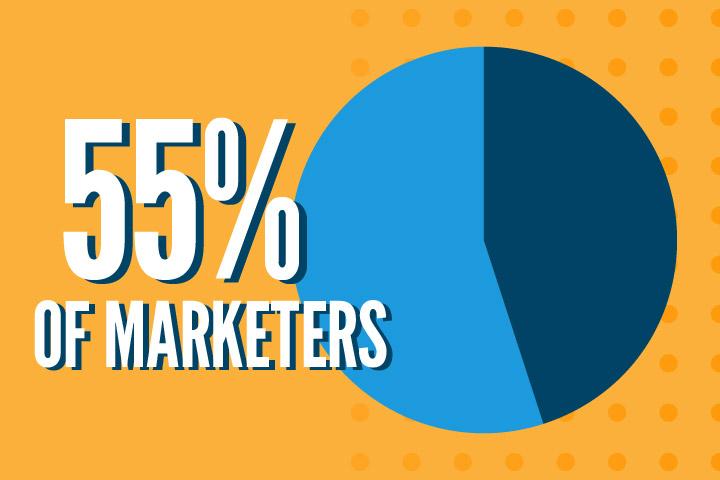
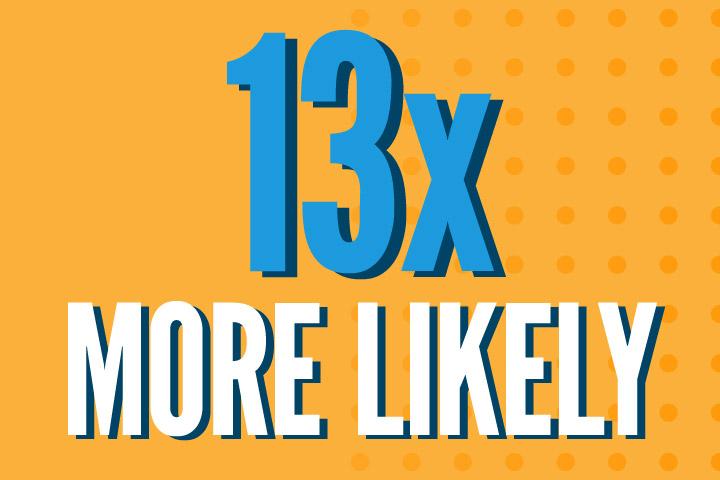
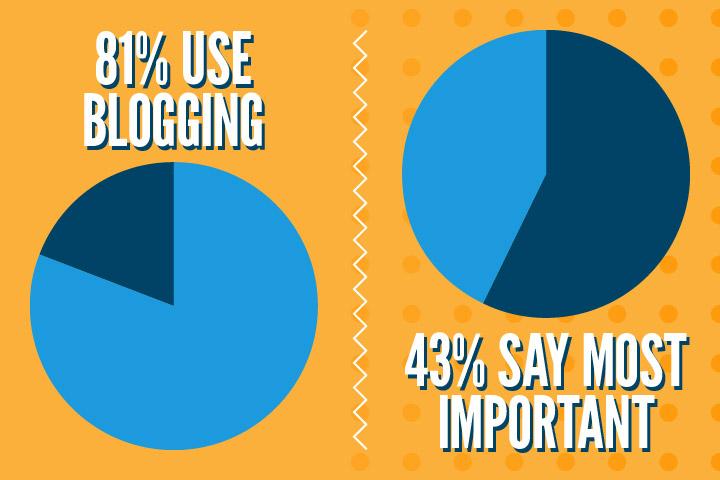
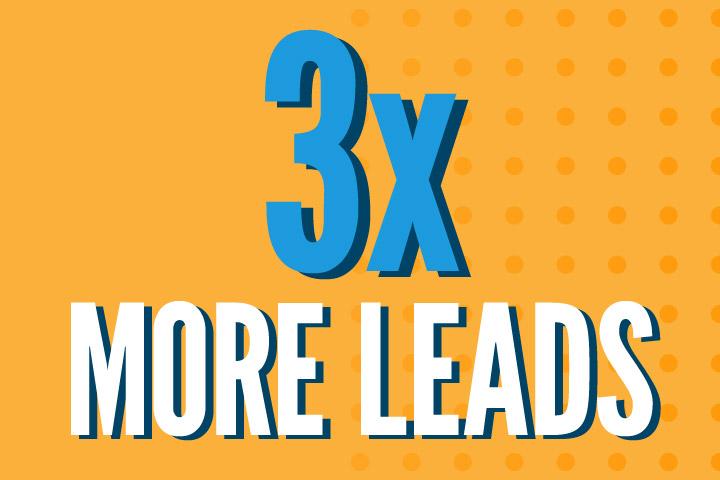
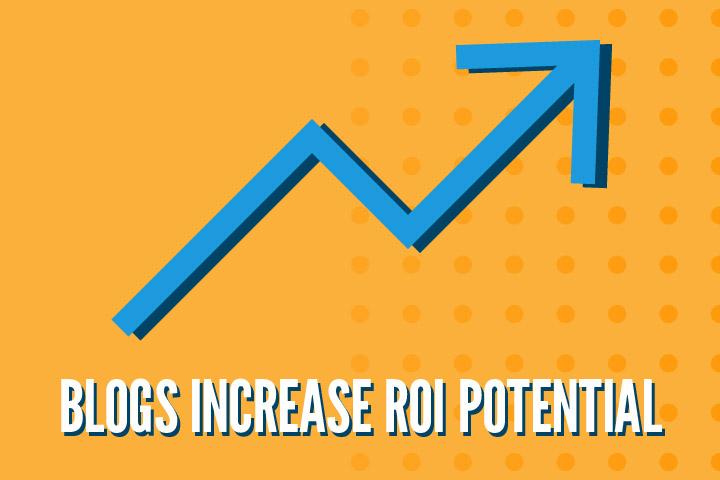

Comments are closed.